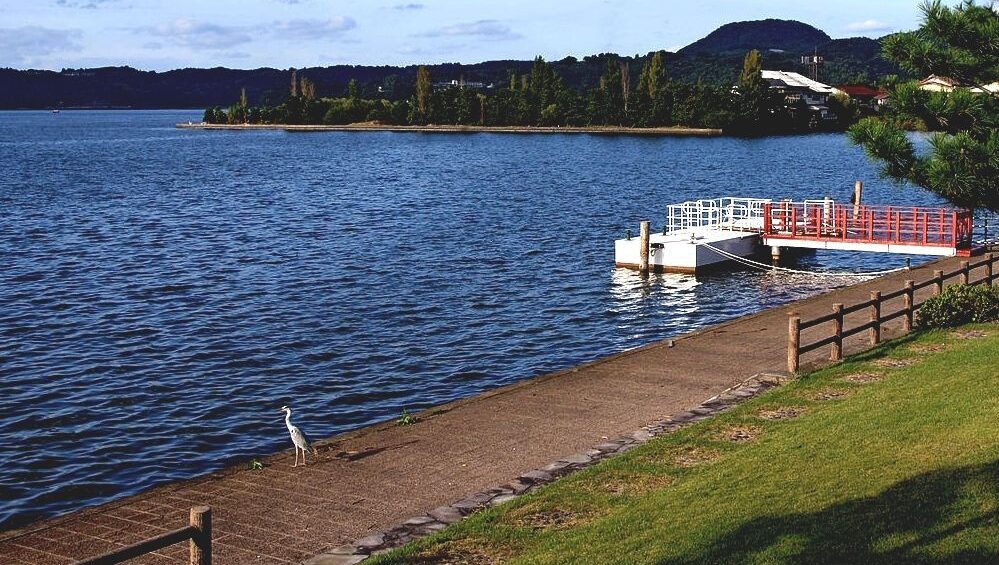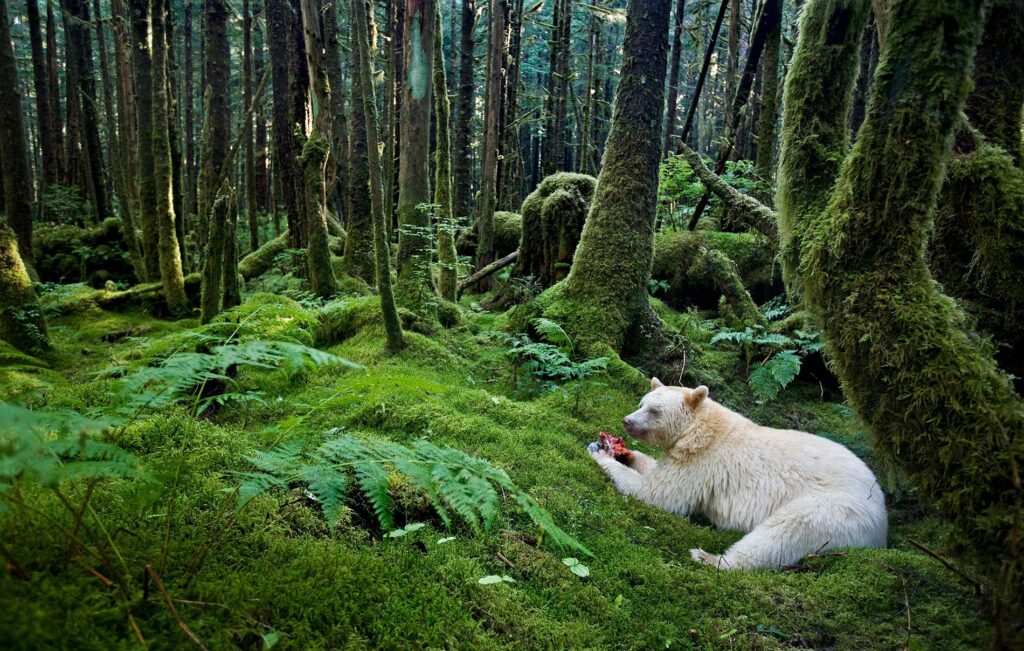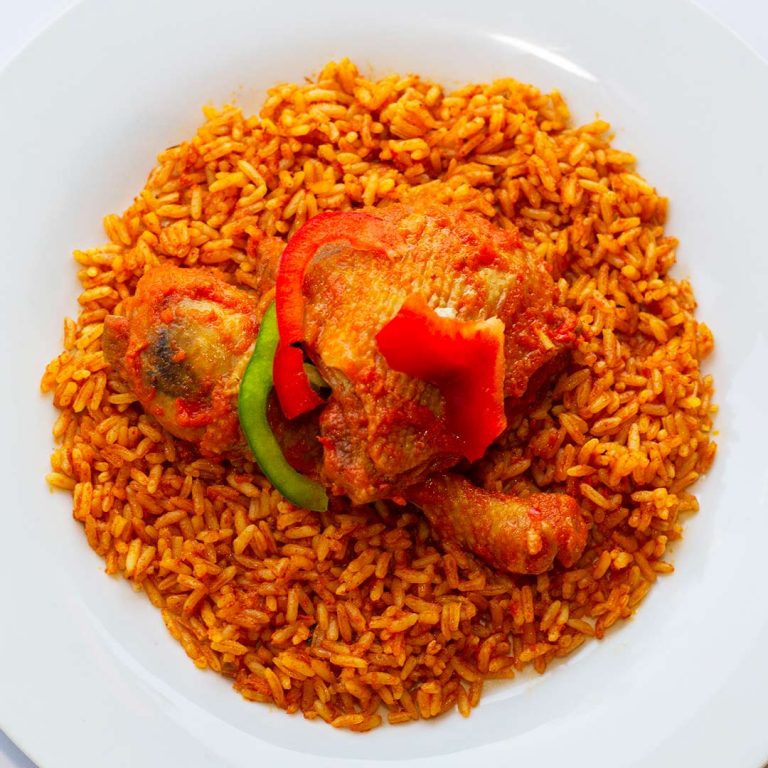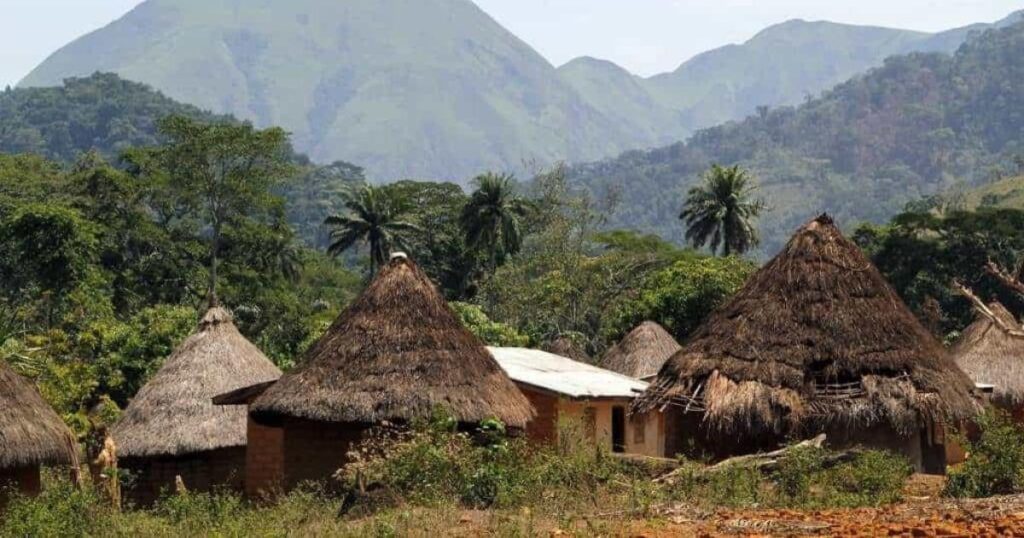Top Destinations to Explore in Liberia

Liberia is the oldest republic in Africa, having declared its independence from the American Colonization Society in 1847. Liberia is home to over 20 ethnic groups, each with their own languages and traditions. The official language is English, but many people also speak indigenous languages such as Kpelle, Bassa, Grebo, and Vai.
Uncover the Treasures of Liberia
Travel to Liberia, a place where history and nature collide and natural treasures abound. Explore the varied landscapes, rich cultural legacy, and friendly welcome that characterise this treasure of West Africa.
Tourist Attractions

Liberia has many tourist attractions that showcase its natural beauty, cultural diversity, and historical heritage. Explore Sapo National Park, the largest protected area in Liberia, covering 1,804 square kilometers of rainforest, Robertsport, a coastal town that offers some of the best surfing spots in West Africa. Ride the waves at Fisherman’s Point, Cotton Trees, and Cassava, or relax on the sandy beaches or marvel at the bustling markets of Monrovia.
Historical Sites

Visit the National Museum of Liberia, investigate the history of the Firestone Rubber Plantation, and step back in time at the Ducor Palace Hotel, Centennial Pavilion, a landmark building that was inaugurated in 1947, to celebrate the 100th anniversary of Liberia’s independence, Every location narrates a tale of tenacity and advancement.
Customs & Traditions
Taste native foods, take part in the colourful music and dance scenes, and join in on the exuberant celebrations of Liberian weddings. A closer bond with Liberian culture is guaranteed when local practices are respected. Liberia is renowned for its detailed decorative and ornate masks, large and miniature wood carvings of realistic human faces, famous people, scenes of everyday life, and accessories particularly combs, spoons, and forks which are often enlarged sculptures.
Local Cuisines

Relish on Liberian food, such as fufu, a dough-like starchy food made from boiled and pounded cassava, yams, or plantains. It is usually eaten with soups or stews made from meat, fish, or vegetables, palm butter soup, and jollof rice. For a true feeling of the area, visit the local markets. For a taste of the coast, eat at the seafood restaurants in Monrovia.
Festivals and Events

Take part in the vibrant Fisherman’s Day celebrations, see the exciting Liberian International Cultural and Arts Festival, Monrovia Children’s Day Festival, an annual event that brings together thousands of children from all over Liberia to celebrate their achievements and talents and celebrate Independence Day. Events in Liberia demonstrate the country’s vibrant spirit.
Adventure Opportunities
Hike along the paths in the Nimba Mountains, go kayaking on the picturesque Mesurado River, and go birdwatching in Sapo National Park’s woodlands. Adventure seekers are drawn to Liberia. Discover Monrovia’s architectural heritage and beautiful landscape, with lush rainforests, mountains, waterfalls, and wildlife. You can trek through the Sapo National Park, the largest protected area in the country, and see rare animals like pygmy hippos, forest elephants, and chimpanzees
Hotels and Accommodations

For convenience, stay at Mamba Point in Monrovia; choose eco-lodges close to Sapo National Park; or choose beach resorts along Robertsport. There are many different places to stay in Liberia.
Visa Requirements and Documents
Verify your passport’s validity, check Liberia’s visa requirements, and assemble the paperwork you’ll need for a smooth admission into the nation unless you are from one of the visa-exempt countries in West Africa. The visa requirements and documents depend on the type and duration of your visa, but generally you will need:
- A valid passport with at least one blank page
- Two passport-size photos
- A completed and signed Liberia Visa Application Form
- Proof of sufficient financial means or a letter of invitation or sponsorship
- Medical insurance
- Yellow fever vaccination certificate
Locals and Their Traditions

Engage with Liberians during cultural events, support local artists, and take part in neighbourhood markets. Developing relationships with locals enhances your knowledge of Liberian customs. Liberia has 16 major ethnic groups and several minor ones. Each group has its own language, culture, and traditions. The largest ethnic groups are the Kpelle, Bassa, Grebo, Gio, Mano, Kru, and Mandingo.
Liberia welcomes you to immerse yourself in a distinctive West African experience with its blend of history, environment, and hospitality. Discovering historical landmarks and engaging in cultural events, Liberia offers an exciting voyage of exploration.



